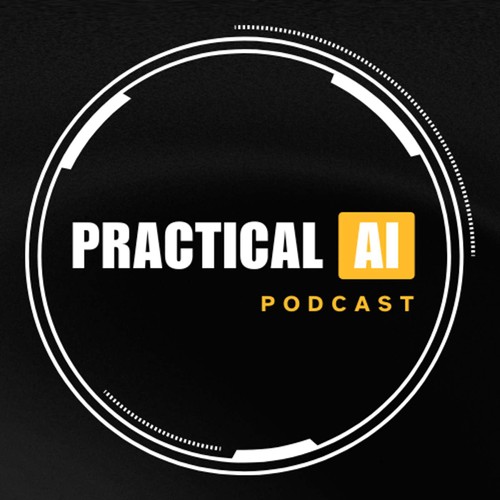
 Practical AI
Practical AI Collaboration & evaluation for LLM apps
80 snips
Jan 23, 2024 Raza Habib, CEO and co-founder of Humanloop, discusses the complexities of prompt engineering in AI development. He emphasizes how even small changes in prompts can drastically alter outputs. Raza highlights the importance of collaboration between technical and non-technical team members for optimizing AI applications. He explores the role of platforms like Humanloop in enhancing these collaborations and the significance of user feedback for refining performance. The conversation also touches on evolving workflows and data privacy in the context of model hosting.
AI Snips
Chapters
Books
Transcript
Episode notes
LLM Accessibility and Challenges
- LLMs empower non-technical users to customize AI through natural language instructions, unlike traditional AI development.
- This accessibility introduces new challenges in prompt management, collaboration, and evaluation due to subjectivity and lack of ground truth.
Early LLM Development and Growing Pains
- Companies often begin LLM development with public models and simple prototypes, iterating towards production.
- As complexity grows, managing prompts becomes cumbersome, leading to version control issues and informal sharing practices.
Directly Involve Domain Experts
- Directly involve product managers and domain experts in implementing LLM applications, as they possess crucial domain knowledge.
- Natural language programming enables these non-technical individuals to actively shape application development.




